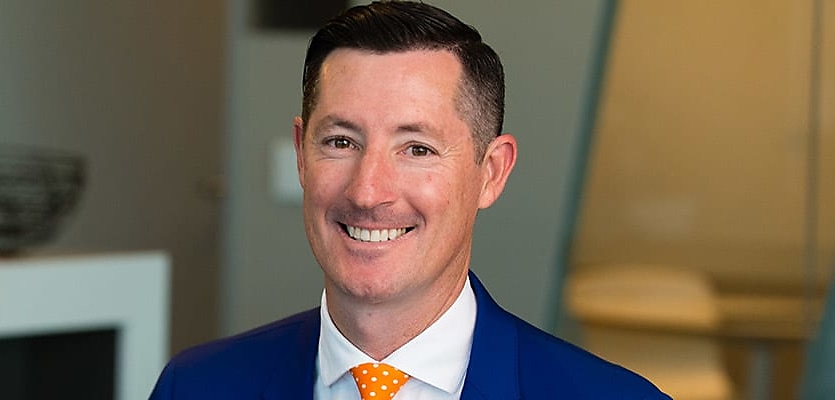Being an active participant in the entire leasing process is the best way to maximise an investment property’s value, according to one property professional.
Propertyology head of research Simon Pressley believes that a simple yet structured process, as well as forward planning, could ultimately allow investors to maximise returns from their rental properties.
He’s provided eight tips that landlords (and their property managers) can follow to garner greater returns:
1. Be the captain
Mr Pressley was encouraging of landlords to take an active role in the leasing process — working alongside their property manager instead of simply being dependent on their services.
He advised them to make sure that they have all the necessary information to be able to make smart decisions about their investment, particularly regarding rental incomes and lease renewals.
2. Begin lease renewal early
According to the researcher, the lease renewal process should begin three months before a lease expires to avoid extended vacancy.
Within those months, the landlord should be able to establish whether the tenant will stay or go. Ultimately, documentations should be finalised at least a month before the lease expires, Mr Pressley recommended.
Where the tenant does intend to move out, he advised beginning the rental advertising campaign three weeks before the existing lease ends.
3. Make a good first impression
When advertising a property, Mr Pressley said good-quality photos are critical.
In the same vein, a good advertising description is crucial — to highlight the features of the property. It can definitely be worth paying extra advertising fees in order to boost online exposure in some scenarios.
4. Consider basic renovations
While major works are not often necessary, basic cosmetics such as freshly painted walls, carpets, curtains and polished floorboards can boost the rentability of a property. In some cases, a cost-effective kitchen makeover and installation of a new air conditioner will also help in maximising returns.
5. Keep an open mind
Once tenant applications come in, landlords would do well to keep an open mind, such as with regard to pets. According to Mr Pressley, more often than not, the willingness to accept pets can result in higher weekly rents or lower tenant turnover.
Where this is the case, the property manager’s role is to ensure appropriate clauses for pets are included.
6. Study the market before setting rent price
Before deciding how much rent to charge, Mr Pressley encourages landlords to understand the current rental market, including the area’s vacancy rates and rental supply.
Here’s where the local expertise of the property manager will certainly come in handy.
7. Be careful when setting lease expiration dates
Be mindful of traditional peak and quiet seasons when setting the expiration of the next lease, Mr Pressley advised.
He said: “Generally speaking, tenants are more active during the months of November through to the end of February. There are plenty of times that I have instructed property managers to offer a nine-month lease as opposed to the usual six or 12 months.”
The goal — and the reason for this — is to “have the next lease renewal fall in peak season”.
8. Pay attention to the rental market outlook
Finally, in order to come up with a smart investment strategy, Mr Pressley advised landlords to consider the future outlook of the rental market, which could ultimately affect the long-term success of a property investment.
He gave the example of improving economic conditions expectations often having a positive influence on migration patterns, and vice versa.
“Equally, an anticipated surge in new supply may cause rents to soften in future months or years,” he conceded.
It’s why he acknowledged that, “ultimately, being surrounded by competent and trustworthy property professionals will come in handy when understanding the market and formulating a strategic approach to investment”.









You are not authorised to post comments.
Comments will undergo moderation before they get published.